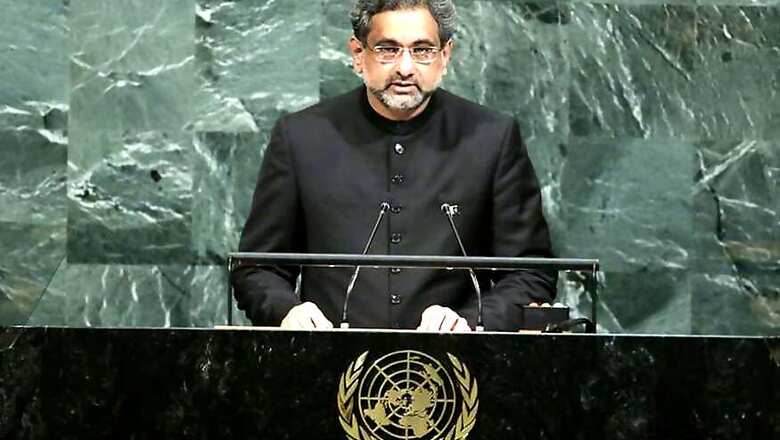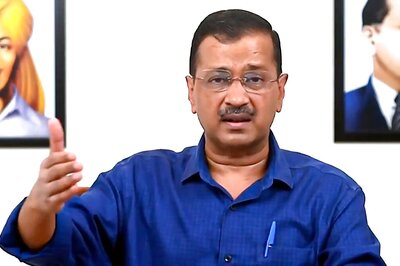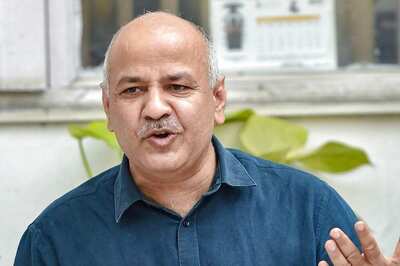
views
New Delhi: By the time you read this, the phrase 'Pakistan is Terroristan' would have already become a top headline across TV channels and news websites, not to mention a top Twitter trend. And not merely because it makes for a great headline, but also for where it was said and by whom.
India exercised its right of reply at the United Nations to respond to Pakistan Prime Minister Shahid Khaqan Abbasi's speech at the ongoing session of the General Assembly. The language used in the reply is extremely strong, the kind of which I haven't seen in 15 years of covering diplomacy. It was also powerfully articulated by Eenam Gambhir, India's First Secretary at the Permanent Mission in New York.
"In its short history, Pakistan has become a geography synonymous with terror. In a quest for the land of the pure, they have now become the land of pure terror. Pakistan is now 'Terroristan' with a flourishing industry producing and exporting global terrorism."
It is clear now that India sees no hope in trying to diplomatically engage with Pakistan. Consider for a moment what the new Pakistan Prime Minister told CNN in his first ever TV interview.
"We consider India as a threat. We have fought three wars with India. We developed nuclear weapons to take on India."
If the Prime Minister of Pakistan considers the fastest growing large economy on the planet to be an existential threat to his country, then what hope does diplomacy have? Who do we talk to? And what do we talk about?
It is evident that India is not alone in calling out Pakistan for its duplicitous use of terror. Both Afghanistan and Bangladesh have issued strong statements in their right of reply at the General Assembly. Clearly, India is not the only victim of Pak-sponsored terror. Both in west and east, Pakistan's neighbours are calling it out for using terror as an instrument of foreign policy.
Pakistan must realise that post 9/11, the world's propensity to sympathise with people using violent means for political purposes has long run thin.
We don't live in the '70s anymore; which is why the global comity of nations does not brook Iran's support to Hezbollah or Hamas using force in its fight with Israel. This is the reason why when each time Pakistan raises Kashmir from the bully pulpit of the UNGA, it rings like a hollow tune. The world is not interested in settling Kashmir through violent means. And it is high time Pakistan realises this.
Pakistan today stands at a crossroads. US President Donald Trump is calling them out in a way no other President has in the last 15 years. Its neighbours are isolating it both within SAARC and at every global forum. Even its biggest benefactor China is wary of the prevailing security situation and the threat it poses to Chinese projects under CPEC. Pakistan needs to mend it ways. And fast. Otherwise, it could soon become the new North Korea.




















Comments
0 comment